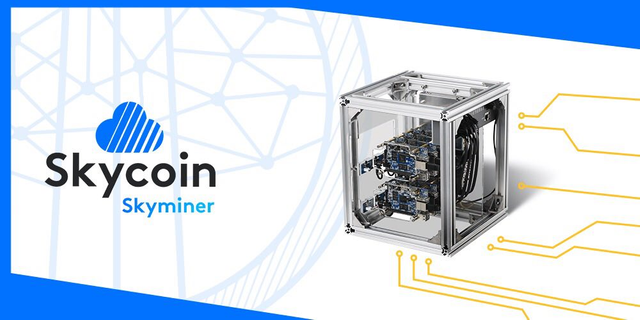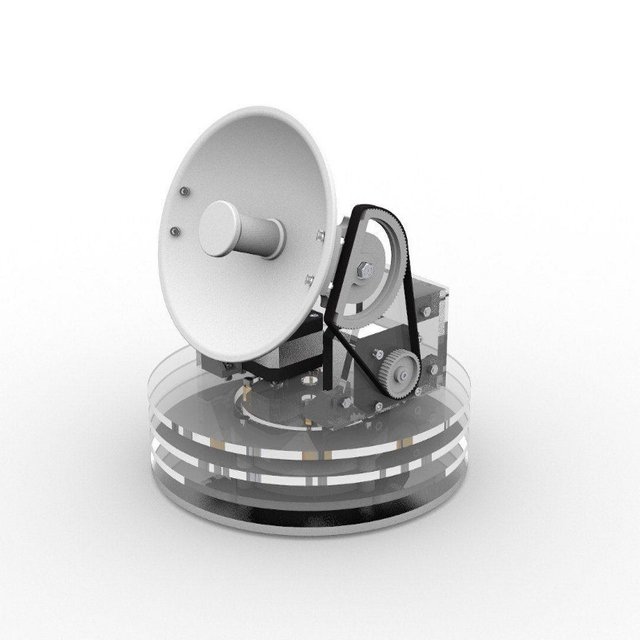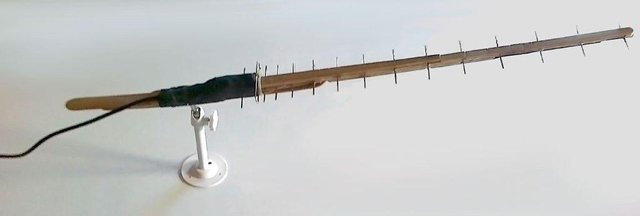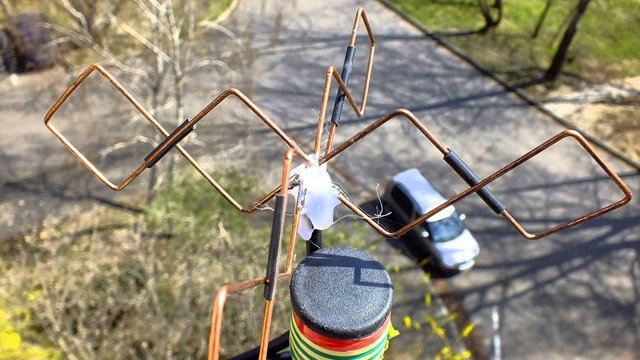The brewing junkyard revolution poised to break third world data monopolies
#Datamustfall. This is an actual hashtag from South Africa where the crippling data charges on the monopolised GSM network spurned so much outrage that it went all the way to a parliamentary review committee.
The reality is that the poor in developing countries are increasingly marginalised and locked out of the digital economy due to the outrageous prices charged by mobile service providers who often monopolize rural areas. To add insult to injury, mobile companies charge significantly more for popular small data bundles (which is how most poor people purchase their data) than for large ones which translates to those who are most in need having to pay more than those who can actually afford it. It is the age-old conundrum of the poor being punished for being poor while the rich are rewarded.
Centralisation and monopolisation are the evils of our times with central banking hierarchies and global corporations extracting obscene amounts of wealth from the people who seemingly have no other choice but to participate in the rigged game.
Satoshi's whitepaper unleashed the potential to break the financial oligarchy by giving us a secure and decentralised means of financial interaction and others have built on the idea to expand the concept to other essential services. One example of this is the Skycoin project which is busy deploying an economically incentivised, decentralised, secure new Internet based on open standards and owned by the community.
The data network component of the Skycoin ecosystem is known as Skywire and is driven by a device called a Skyminer. Skyminers allow users to participate in the Skywire meshnet and to essentially act as a last mile ISP while earning Skycoin as a reward for routing data.

Skywire testnet is live with around 8000 nodes from all over the world currently participating. Nodes in testnet currently rely on the backbone infrastructure of the legacy internet for things such as data
forwarding and a distributed VPN service but, as node density increases nodes will start peering directly for things such as data forwarding and a distributed VPN service. As node density increases though, nodes will start peering directly via Skycoins custom motorised directional antennas, creating localized mesh networks.
 Over time, the need for legacy backbone infrastructure will diminish as localised networks reach critical mass and start peering with nearby localised network segments via more powerful directional wifi solutions similar to Ubiquity Airfiber until full network autonomy is achieved.
Over time, the need for legacy backbone infrastructure will diminish as localised networks reach critical mass and start peering with nearby localised network segments via more powerful directional wifi solutions similar to Ubiquity Airfiber until full network autonomy is achieved.
This is all brilliant if, through the accident of your birth you find yourself living in a developed country where the average wage can buy the equipment needed to participate in Skywire but what about the poor in the developing world who are being held ransom by the GSM corporations and who will have to save for years just to buy the required hardware.
One of the great things about a project like Skycoin is that it attracts some pretty smart people with a penchant for thinking outside of the enforced construct. Put a couple of those together, add some craft beer, and remarkable ideas are born. The Skywire DIY project is one of those ideas.
Skywire DIY is a Skycoin community passion project, driven by the common goal of enabling widespread inexpensive connectivity. The Skywire DIY project aims to educate pragmatic individuals on how to utilize scrap materials to build out network infrastructure in their local communities. The 2.4Ghz Yagi antenna pictured below was built entirely out of common trash.

A complete guide on how to build this antenna can be found here
Hardware solutions like this will create economic opportunities for entrepreneurial individuals wanting to set up production facilities in developing countries, creating jobs and expanding the Skywire network using junkyard material... What's not to love about this idea!?
Since the base materials are essentially free, the end product will remain cheap, even by "developing world" standards. Off course enterprising individuals will be able to use the standard to build their own equipment without having to buy anything.
Trash based equipment such as the omni directional antenna bellow can easily be used to create local networks in remote rural villages but the real challenge lies in connecting those outlying networks to the rest of the network.

According to community member Macskyver, Skywire DIY are exploring existing solutions for long distance connectivity such as LORA and Weightless.
Together with low cost miners such as Ronny's Cheap Man's Skyminer Skywire has a very good chance of taking the "developing world" by storm and breaking the back of the corporate data monopoly.
Skywire DIY is still in its infancy but is causing quite a stir and attracting a fair amount of attention. I will be blogging monthly updates documenting their progress.
If you'd like to become involved in this project, please get in contact with @MacSkyver or @stijnverwoerd in the Skycoin Telegram
Hello just saying hi I am a serious supporter on the meshnet .... I have added you to my follows ..
Have a great day ...
Thanks!